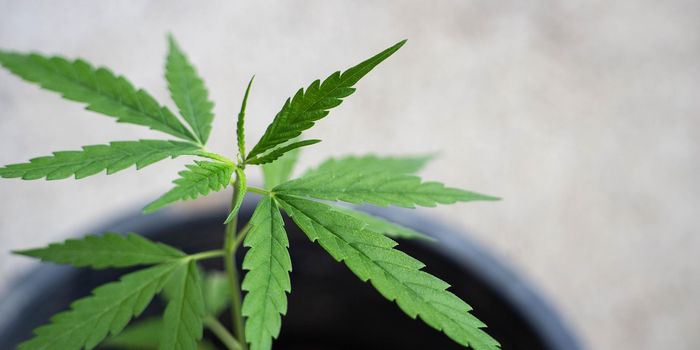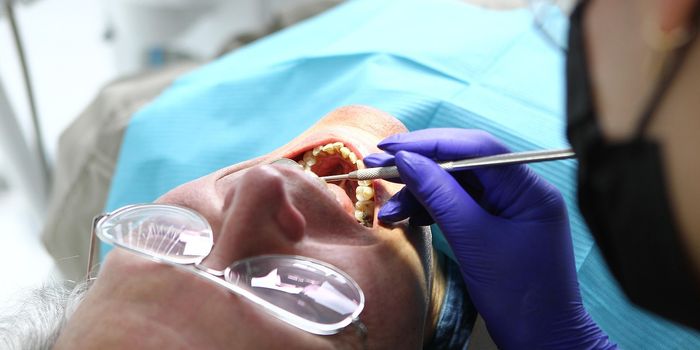Causal Links Between Cannabis Use Disorder and PTSD, ADHD
A new study reports bidirectional causal links between cannabis use disorder and multiple psychiatric disorders, including schizophrenia, major depressive disorder, and PTSD. The findings were published in Nature Mental Health.
Cannabis use and cannabis use disorder often occur alongside psychiatric conditions. In the current study, researchers analyzed previously published genome-wide association study (GWAS) analyses to understand more about the relationships between cannabis use disorder and psychiatric conditions. Psychiatric conditions included schizophrenia, major depressive disorder, bipolar disorder, PTSD, anorexia nervosa, anxiety, and ADHD.
Ultimately, they found strong genetic associations between cannabis use disorder and all studied psychiatric disorders except anorexia nervosa. The strongest genetic correlation existed between cannabis use disorder and ADHD, and after that, cannabis use disorder and major depressive disorder.
In particular, the study revealed bidirectional causal relationships between cannabis use disorder and multiple psychiatric conditions. This means that not only does having a psychiatric condition increase risk of cannabis use disorder, but that having cannabis use disorder increases the risk of developing a psychiatric condition as well.
“People might suggest cannabis use can be a useful treatment for, say, PTSD, but this analysis indicates otherwise. We show that over time, cannabis is more likely to cause PTSD than to treat it. When medications are approved for a particular condition, we generally require strong scientific evidence that the treatment works, but clinical trials are lacking for cannabis for many of these traits,” senior author Joel Gelernter, MD, professor of psychiatry and professor of genetics and neuroscience at Yale University School of Medicine, said in a news article published by Yale.
“With medical marijuana becoming increasingly legalized, many clinicians have been willing to prescribe cannabis for a range of disorders. Our study shows that this may not be the best practice. We need randomized clinical trials to show whether cannabis works in order for it to be reasonably considered a medication,” he added.
Sources: News-Medical.net, Nature Mental Health, Yale School of Medicine









